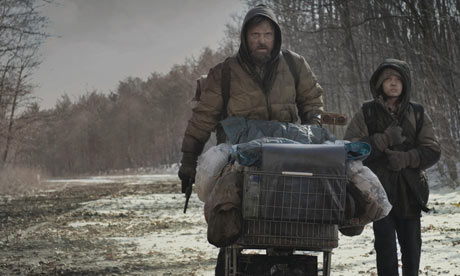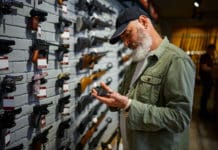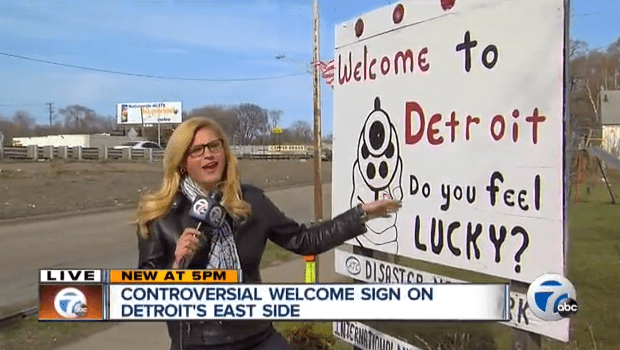
In Wall Street Apocalypse: The World of the Doomsday Investors, The Daily Finance offers a simplistic glimpse at how the money men expect to survive in the near future.
The patron saint of the Wall Street apocalypse society may be Barton Biggs. The leader of Traxis Partners, a multibillion-dollar hedge fund, Biggs has gained a reputation for his dire predictions, particularly those of his much-quoted 2008 analysis of World War II, Wealth, War and Wisdom. At the end of the book, Biggs offers his conclusions from his brief study of history, suggesting the likelihood of a future era in which “People with wealth” will face “another time of cholera when the Four Horsemen will ride again and the barbarians unexpectedly will be at their gate.”
Biggs offers some interesting advice for hedging the apocalypse. In addition to prescribing a highly diversified portfolio heavily invested in equity instruments, Biggs also advises that his readers buy farms to which they can retreat when the hammer drops. The hedgie touts the joys of the natural life, noting that “landowners seem to find considerable psychic satisfaction just from the knowledge of possession. There are few things as fulfilling as having drink [sic] in the sunset and looking at your fields and cows.”
…But this doesn’t stop Biggs from telling his readers what they need to do in order to wait out the end of the world: “Your safe haven … should be well-stocked with seed, fertilizer, canned food, wine, medicine, clothes, etc. Think Swiss Family Robinson.” He goes on to suggest that, when the post-apocalyptic hordes attack, the survivalist money man should shoot first and ask questions later: “A few rounds over the approaching brigands [sic] heads would probably be a compelling persuader that there are easier farms to pillage. Brigands tend to be cowards.”
Hungry brigands tend to be fairly determined, though.




What is funny about the above is that if money men are going to start buying farmland, then a bunch of survivalists and homesteaders are smarter and faster than many economists, bankers, and investors, considering that the former seem to prefer land and supplies to cash. Mmm, that doesn’t give me much hope for the dollar.
I would agree that farmland and supplies for that farm are a good thing to have in a portfolio, so long as you can get to it should you REALLY need to. It would be a back-up plan, though tending the farm would also have to be considered, unless you live on it 24/7/365.
Can you picture a Wall Street executive, or any of the 1%, living on a working farm and actually working it? Getting their hands dirty? Plowing a field, chopping wood, milking a cow? Let alone owning a gun and knowing how to use it… Makes me giggle just thinking about it.
If the sh*t really hits the fan a farm is the LAST place you’ll find these guys..
Comments are closed.